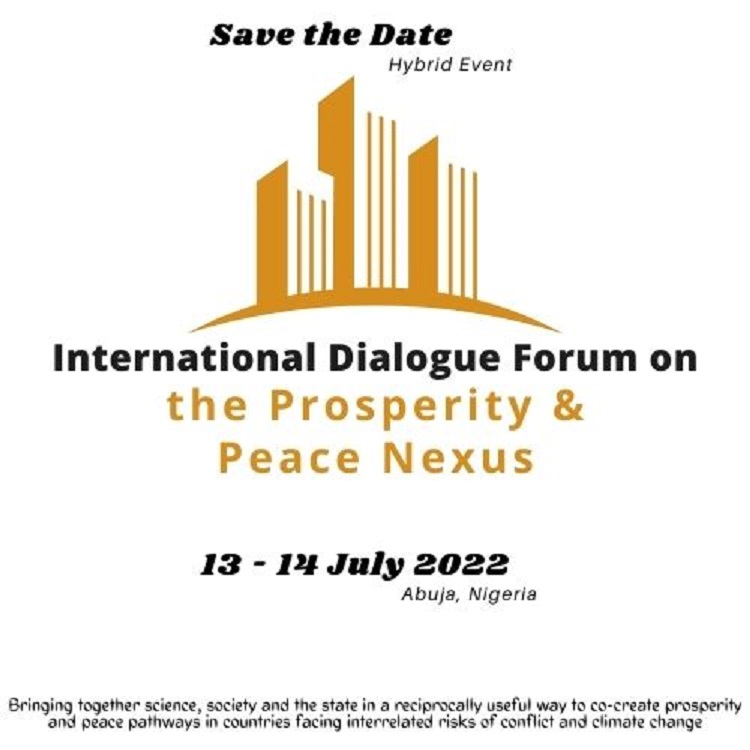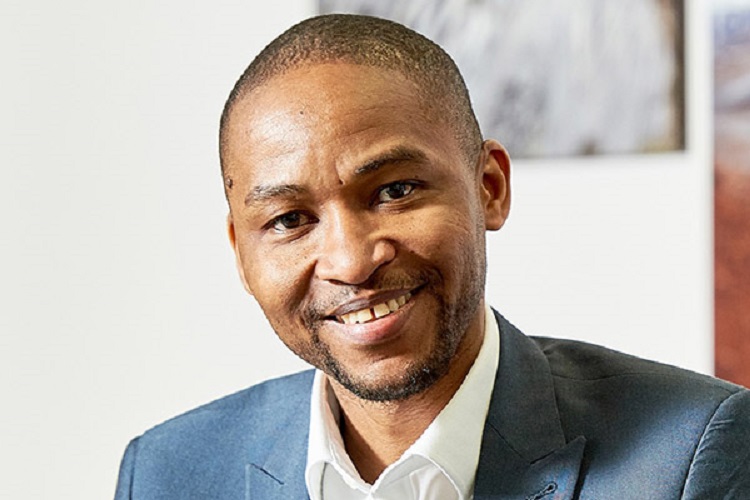NRI’s Dr Uche Okpara is leading a ‘Prosperity and Peace’ conference in Nigeria in July 2022, bringing together civil society groups, local leaders, practitioners, academic researchers and policymakers. The aim is to provide a space for frank and honest discussion in a bid to find workable pathways towards sustainable prosperity and positive peace.
Everyday life in the Sahel and Lake Chad region, which spans a number of countries in West and Central Africa, is marred by ever-present threats of war, violence and poverty. Despite an increase in national and international government interventions for development and peace building in the area, so far there has been no significant improvement in the situation.
Dr Uche, who in 2021 was awarded the prestigious UKRI (UK Research & Innovation) ‘Future Leaders Fellowship’, is using some of the funding to organise this ground-breaking conference as part of the wider UKRI-supported ‘Future Leaders Fellowship Programme on Prosperity and Peace Pathways’, that he is leading at NRI.
The crisis in the Sahel and Lake Chad region is “multi-faceted, multi-dimensional and multi-layered”, Dr Uche says, “so we have conflict, terrorism, herdsmen-farmer violence, banditry, kidnapping and gender-based violence – and these are just some of the wider challenges.”
He goes on to describe the accompanying environmental crisis of droughts, floods and the drying of the Lake Chad waters , and a further political crisis, whereby many of the local communities are marginalised politically: “they have no voice in political decisions and as a result they feel disenfranchised and aggrieved.”
The indigenous people, he explains, are trying to adapt to the changes brought about by climate change, but regular occurrences of conflict are undermining their capacity to adapt effectively. The increasing violence, which includes aerial bombing of forest areas as a result of the military pursuing groups hiding in forests, is destroying trees in large numbers which means that ecological attempts to halt climate change are also being undermined.
Dr Uche explains: “the people in the region understand the dynamics of the crisis they face, so bringing them to the table to find solutions and pathways to prosperity and peace is critical. Also critical is inviting the politicians and policymakers because the dialogue and ideas that will come forth from this event will help to develop new interventions that are owned by the local people and have local validation, and that can be co-implemented by communities in the region.”
Dr Uche stresses that this event involves co-creating solutions and his job will be to manage a variety of perspectives and knowledge systems that may be conflicting with one another. The aim will be to ‘unpack’ the issues surrounding the prosperity-peace nexus and try to reach a balance or compromise where local people, politicians and scientists can agree on what will actually work for different communities in the Sahel and Lake Chad region.
The conference, which is a two-day event (13–14 July), will be organised around keynote speeches and world café sessions to enable brainstorming, in-depth discussions and cross-pollination of ideas. International researchers will deliver keynote speeches to validate and build on local people’s understanding of prosperity and what it means to them. Dr Uche notes that the established academic definition of prosperity is concerned with economic growth and GDP, but for local people it is more personal.
As Dr Uche says, ask a local farmer to define prosperity, and he or she might tell you that for them it means a sense of dignity, happiness and security and having their daily quality of life improved. “Prosperity is a complex concept and understanding prosperity goes beyond academic thinking. Communities understand prosperity in different ways, so it is possible that this conference will produce an understanding of prosperity that, for example, will be different from what people in South Africa, Malawi or Tanzania understand prosperity to be.”
The ‘peace pathways’ will also be dissected. Dr Uche explains: “we are seeing different kinds of conflict happening at the same time, but we don’t understand whether or how and why these conflicts are affecting each other, nor the dynamics of the conflicts. We’ll be exploring how we could co-create peace pathways in times of compounding socioeconomic risks.”
 Civil society groups and scientific researchers will help delegates to further unpack some of the dynamics and dimensions within the prosperity and peace nexus, for example, issues around human rights, gender, socioeconomic risks, food insecurity and political economy – the issues that often undermine the interconnection of prosperity and peace.
Civil society groups and scientific researchers will help delegates to further unpack some of the dynamics and dimensions within the prosperity and peace nexus, for example, issues around human rights, gender, socioeconomic risks, food insecurity and political economy – the issues that often undermine the interconnection of prosperity and peace.
Communities, NGOs and other invited participants will be able to hold informal discussions during the ‘World Café’ breakout sessions. Dr Uche says that this is the first time that the relationship between prosperity and peace has been studied in this way.
“I chose Abuja as the location for the conference because it is at the centre of the three countries where my fellowship is focused. Abuja has lots of NGOs working on peace and development issues, so it enables me to gather together different kinds of people. My collaborators and partners include the Ministry of Foreign Affairs in Nigeria, which has a thriving peace academy, to help me transmit the ideas and recommendations from this event to the national and regional governments.”
What does Dr Uche Okpara hope to achieve from this conference? He says, “success will mean to me having useful recommendations come out of this event that the government can engage with to try out solutions in the Sahel and Lake Chad region. It will also mean having a series of academic and policy papers from the event that will inform international development interventions around peace and prosperity.”
As part of the conference, Dr Uche has recently launched a call for papers for a Special Issue on “Climate, Land, Food Security and Sustainable Peace” in the Journal ‘Land’. The deadline for submission of papers is 30 November 2022. Further details are available here.
You can sign up from 1st June 2022 to join the Peace and Prosperity conference remotely here
To find out more about:

